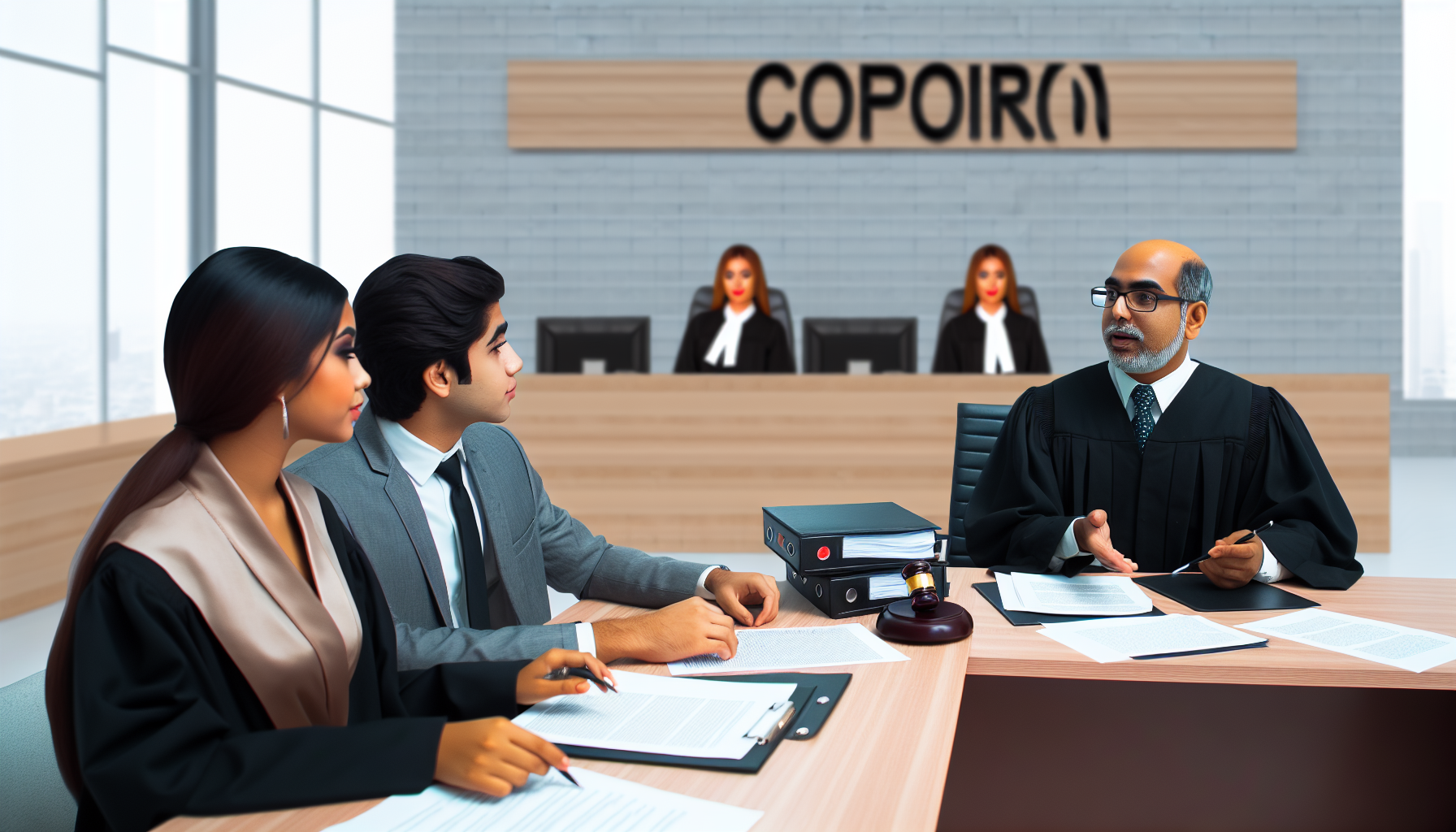Understanding AI Training and Fair Use: A Look at Thomson Reuters’ Position
In the rapidly evolving landscape of artificial intelligence, one of the crucial debates centers around the legality of using data to train AI tools. Recently, Thomson Reuters has taken a definitive stance on this issue, arguing that using their data for training AI models does not fall under the protected category of “fair use.” This claim has sparked significant discussion in the legal and tech communities, as well as among anyone interested in the intersection of AI technology and intellectual property laws.
The Fair Use Debate in AI
The term “fair use” generally refers to a legal doctrine that allows limited use of copyrighted material without needing to seek permission. However, Thomson Reuters contends that this doctrine doesn’t apply to data training in the AI space. This is particularly relevant for those businesses deploying AI solutions that rely on massive datasets to generate predictive analytics or automate tasks.
AI tools are becoming integral for enhancing productivity and streamlining workflows across various sectors. However, understanding the legal implications when incorporating these tools can be tricky. With tech giants and startups alike racing to develop the next breakthrough AI application, comprehension of what counts as fair use is essential.
The Potential Impact on AI Development
If Thomson Reuters’ arguments hold weight, this could lead to significant changes in how companies approach AI training. Many organizations might need to reassess their data sourcing strategies. This could mean increased costs to secure licenses for using data, particularly for smaller firms that lean on open-source or widely available datasets for leveraging AI solutions.
Imagine a world where fledgling developers have to play detective, tracing ownership of every byte of data to avoid potential lawsuits! That sounds about as tedious as reading the fine print on a software license!
However, it’s also worth noting the potential benefits of clearer regulations regarding data use in AI. By establishing a framework that outlines acceptable practices, companies can tailor their operations to improve compliance and foster a culture of respect for intellectual property.
The Role of Legal Experts
Legal voices like that of Thomson Reuters are often echoed by lawyers who specialize in intellectual property rights and technology law. Their insights are invaluable as they guide companies through these choppy waters. For those interested in understanding these complexities better, it’s worth diving into resources provided by leading legal firms or accessing specialized AI law literature.
Conclusion
As we continue to witness the rapid integration of AI technologies in everyday tasks, keeping an eye on legal discussions such as the one initiated by Thomson Reuters is vital. Their perspective may not only shape the future of AI tools but also encourage companies to innovate responsibly.
For more detailed discussions on the implications of AI training and copyright issues, you can explore the findings covered in the article on Bloomberg Law [here](https://news.bloomberglaw.com/ip-law/ai-tools-data-training-not-fair-use-thomson-reuters-argues).
Stay informed, get engaged, and appreciate the complexities behind the tools that are boosting our productivity every day!
https://news.bloomberglaw.com/ip-law/ai-tools-data-training-not-fair-use-thomson-reuters-argues






